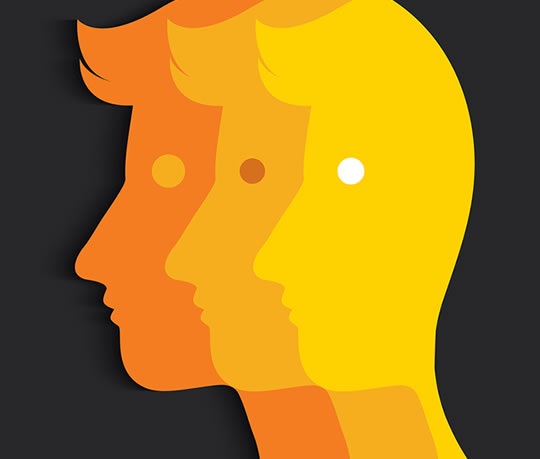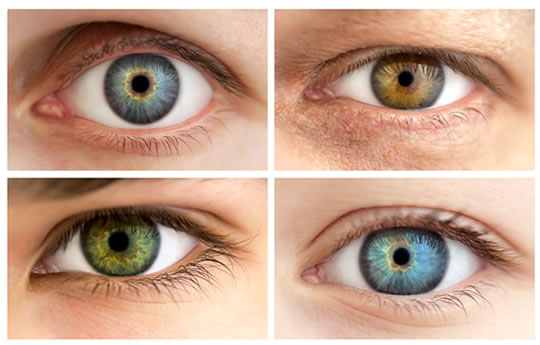Your personality can be read from your choice of smartphone.
Users of iPhones are more interested in their phone as a status object, new research finds.
Users of Android, though, the operating system from Google, were generally more honest and also less interested in wealth and status.
The results come from from a survey of 500 smartphone users.
It also revealed that iPhone users are:
- Younger
- More than twice as likely to be women
- More likely to see their phone as a status object
- More extraverted
- Less concerned about owning devices favoured by most people
Set against this, users of android phones were more likely to be:
- Male
- Older
- More honest
- More agreeable
- Less likely to break rules for personal gain
- Less interested in wealth and status
Dr David Ellis, one of the study’s author, said:
“In this study, we demonstrate for the first time that an individual’s choice of smartphone operating system can provide useful clues when it comes to predicting their personality and other individual characteristics.”
Ms Heather Shaw, the study’s first author, said:
“It is becoming more and more apparent that smartphones are becoming a mini digital version of the user, and many of us don’t like it when other people attempt to use our phones because it can reveal so much about us.”
The study was published in the journal Cyberpsychology, Behaviour and Social Networking (Shaw et al., 2016).
Smartphone image from Shutterstock









